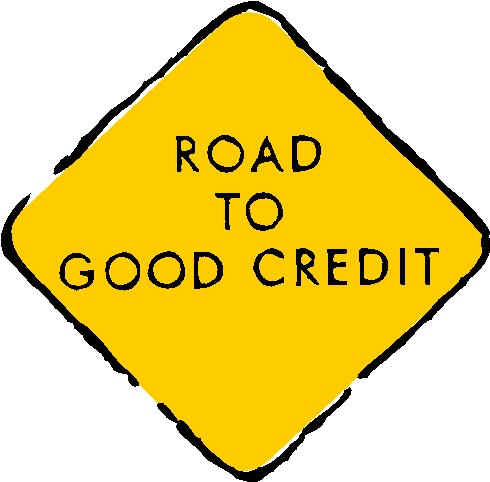Your water and electricity bills are usually the biggest bills in your house after you pay your rent. How can you lower them? Do you always have to pay so much? Well, here are three tips for cutting down on your utility bills and making the most of your paycheck.
Unplug it
A huge waster of electricity is called phantom usage. This happens when you are not even using your appliances but they are still plugged in. Did you know that leaving your cell phone’s charger plugged into the power outlet, even when your phone is not charging, can be using electricity? This electricity usage is commonplace with all the things you leave plugged in. Unplug your appliances instead of just turning them off. You will lower your electricity bill and not ever miss anything!
Less is more
Conserving water and electricity is not had. All you have to do is keep it on your mind. Turn off the water when you brush your teeth or do the dishes. Take shorter showers: that saves on both water and electricity by heating less water in the water heater. Turn off the television and lights when you leave the room. Do not leave the porch light on all day. These little things can add up to big savings.

Laundry habits
Another big expense is doing laundry. If you wash a lot of little loads then you need to stop. Wash only when you have a full load and try to use cold water as often as you can. Almost everything can be washed cold except very dirty things. Additionally, you can use the dryer less or not at all by taking your clothes out to hang dry. If you do not have room for a clothes line, you can buy a wooden clothes rack for not much money at the super store. If you are worried about stiff and uncomfortable or wrinkled clothes then you can dry them almost all the way and throw then in the dryer for ten minutes. Voila! Clean, soft and wrinkle-free clothes for much cheaper.
No matter what kind of home you have or where you live, you can use these three tips to lower your utility bills and make your paycheck go further. Try them out today and see how much you can save off your next bill.
Monta the mother of three children serves as an Expert Advisor on multiple household help issues to many Organizations and groups, and is a mentor for other “Mom-preneurs” seeking guidance. She is a regular contributor of “find nannies”. You can get in touch with her at montafleming6Atgmail dotcom.




